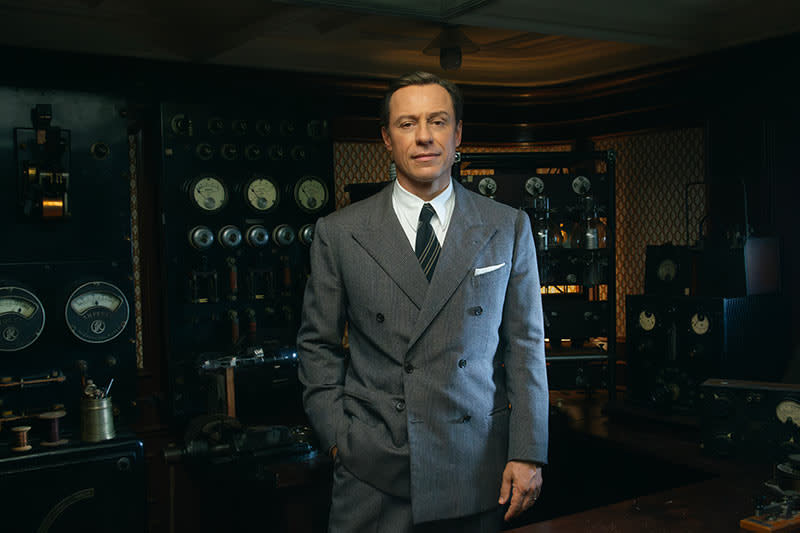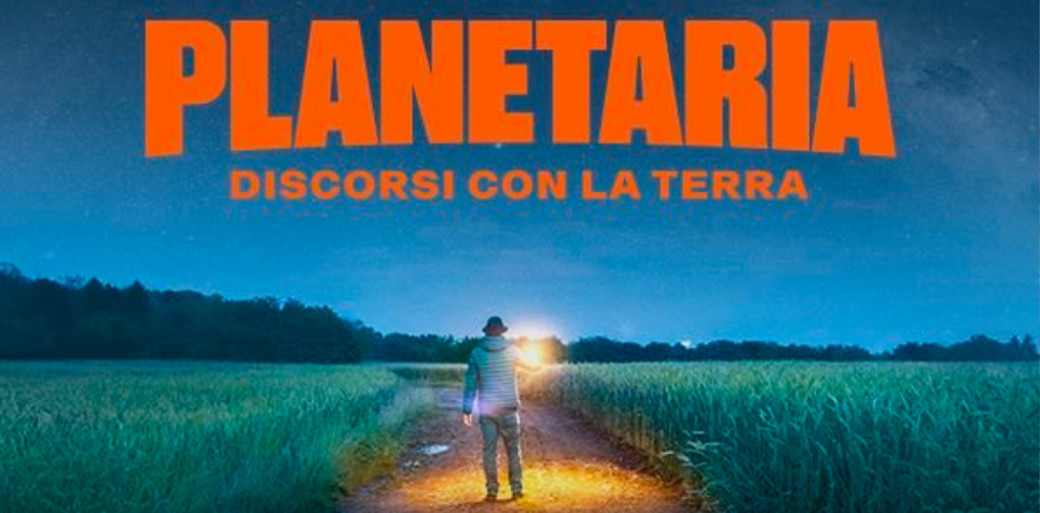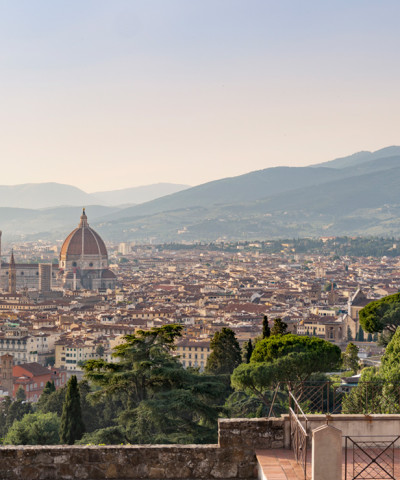Stefano Accorsi, ‘his’ Guglielmo Marconi and the new projects
Our interview with the great actor
“He was an enfant prodige of science and technology, and a highly capable businessman. His was an extraordinary life that not many people know about; I myself only discovered it thanks to the series.” These are the words of Italian actor Stefano Accorsi. We met him to find out about ‘his’ Guglielmo Marconi, whom he plays in the new series Marconi - The man who connected the world, released in the year that marks the 150th anniversary of the great scientist’s birth, and now available on RaiPlay.
 Forte dei Marmi made in Versilia (Watch: Omega - ph. Annalisa Flori)
Forte dei Marmi made in Versilia (Watch: Omega - ph. Annalisa Flori)Marconi was an Italian genius and, like you, from Bologna. How did you feel about playing such an important character?
I think the fact that he was from Emilia region gave him the ability to turn his dreams into reality. But I realised that, like many people, I knew very little about Marconi. Like a lot of great figures in history, he might appear to be an old-fashioned character, almost dusty. Initially I myself had that very impression, but it was quickly swept away once I began my background reading into his life.
What did you find out about Marconi?
His mother was a key figure in his life, partly because of her Irish origins, which undoubtedly helped when it came to registering his patent in the United Kingdom, when he wasn’t yet being taken seriously in Italy. But he was exceptionally talented and a farsighted businessman who set up his own company around the same time, when he had just turned twenty. He was one of the most famous men in the world. After all – as the subtitle of the series emphasises – he was the man who connected the world, opening the way for everyone to communicate without the high costs of technology in that period.
What interested you most about Marconi the inventor and Marconi the man?
As an inventor, the combination of extraordinary scientific knowledge and intuition that distinguished him from a very early age. When he had an idea, first of all he read everything available on the subject, then started experimenting and, by trial and error, worked out, for example, how to send a signal from one point to another within the same room, then from one end of the garden to the other, then to the other side of a hill and, ultimately, all the way across the ocean. Regarding Marconi as a man, I got the impression of a fairly solitary person. He was extremely sociable in some ways – he was also involved with many institutions – yet deep down, there was loneliness. His decision to live on board a yacht, the Elettra, with his family was also a way of being with his loved ones, but at the same time isolated, as if they were living on a small island.
 Stefano Accorsi as the Italian genius Guglielmo Marconi (ph. Kicca Tommasi courtesy Stand by me)
Stefano Accorsi as the Italian genius Guglielmo Marconi (ph. Kicca Tommasi courtesy Stand by me) But his was an adventurous life, and in the film it becomes a real spy story.
He definitely had plenty of ups and downs in his life. At one point the regime was watching his every movement, because it had commissioned him to build the ‘death ray’. This led to a lot of talk about his relationship with Mussolini which, however, has been ruined as time went on, as not many people know. Partly because Marconi was against the idea of Italy entering the war, both due to his catholicism and because his main business was in the United Kingdom and he had no wish for the two countries to become enemies.
 Planetaria al Teatro della Pergola
Planetaria al Teatro della PergolaYou’re the artistic director of Planetaria, a show created to educate the public and raise awareness of the environment and climate change...
We call it a festival; a three-day festival over a weekend that can engage everyone, including families and children. The basis is scientific, but it also has that extra touch of empathy and involvement that’s typical of theatre. We’ve done some wonderful events that explore a future in which the human race has listened to the advice of scientists, overturning the common narrative that’s focused instead on catastrophe. In addition to its annual events, Planetaria will be continuing all year round, thanks to a simplified format that we’ll be taking to theatres all over Italy.
And what’s Stefano Accorsi doing in his artistic career?
Out on Netflix is Cristina Comencini’s film The Children’s Train which, like the novel of the same name it’s based on, tells the true and intensely harrowing story of thousands and thousands of children from Naples who after the war were sent to live with families in Emilia Romagna, where life was marginally easier; meaning they ended up with two families. 2025 will see the release of season two of The Bad Guy, in which I play a new character that I can’t say much about at the moment. I’ve also just finished shooting for Una figlia by Ivano De Matteo, one of the few directors who still shoot in 35 mm film, an experience – indeed, a feeling – I’d almost forgotten. It’s a drama film but we laughed a lot making it. Partly to exorcise the pain, and partly because sometimes laughter is the tool you need to get into a drama without being destroyed by grief.















